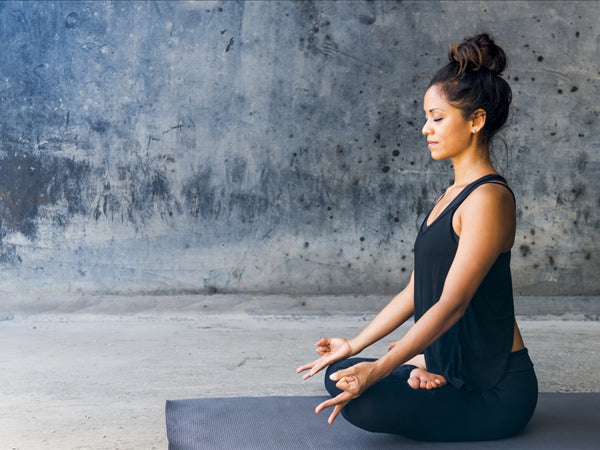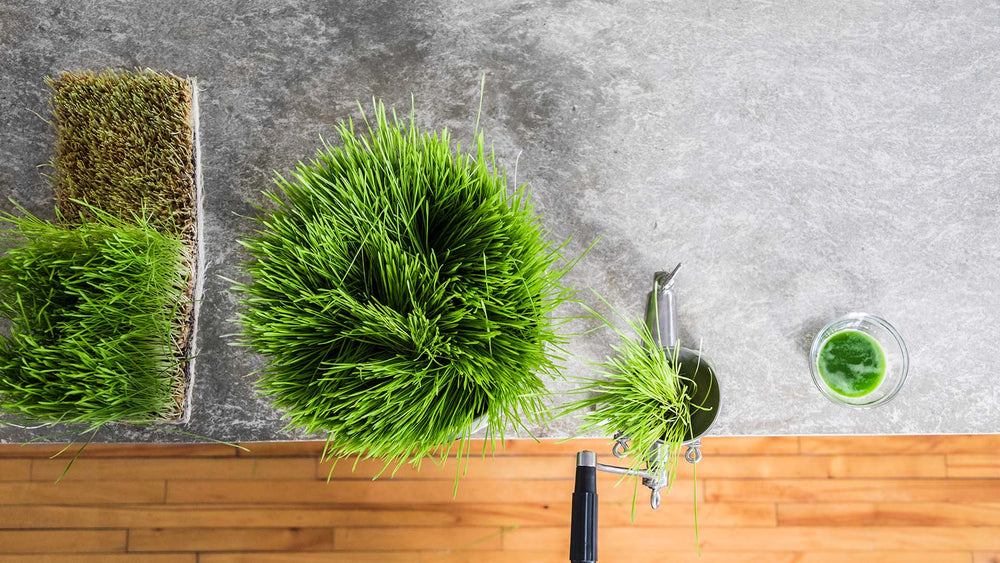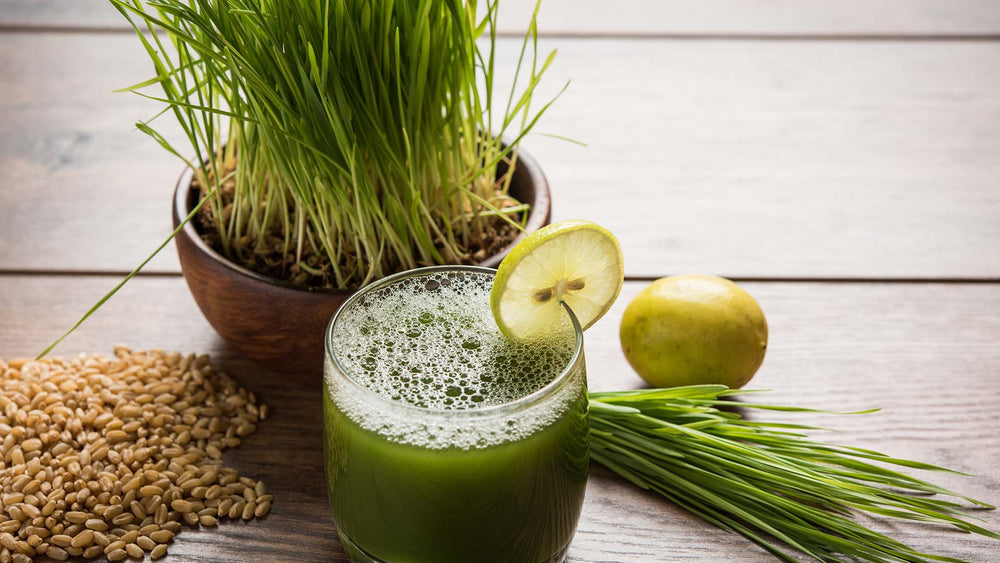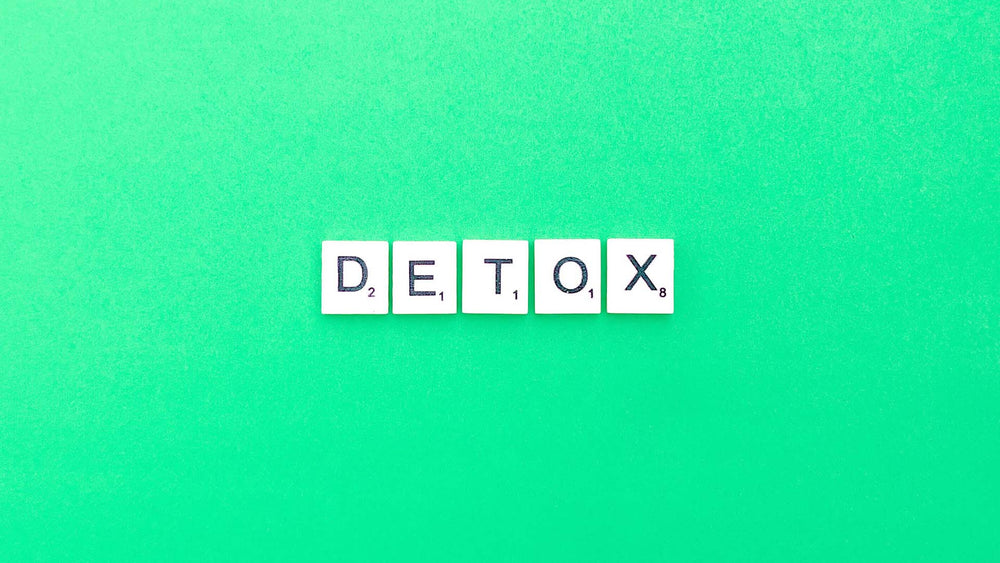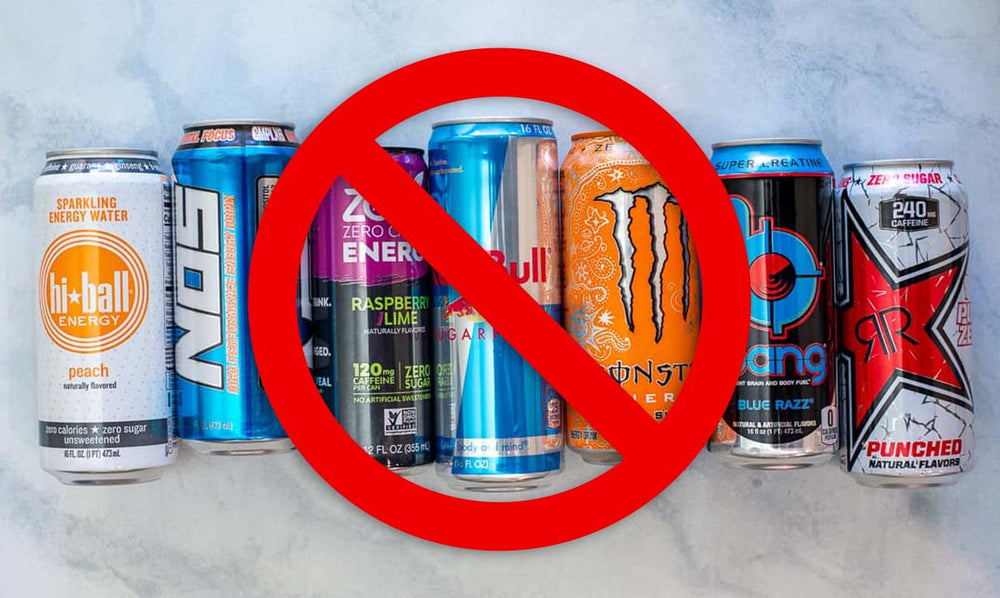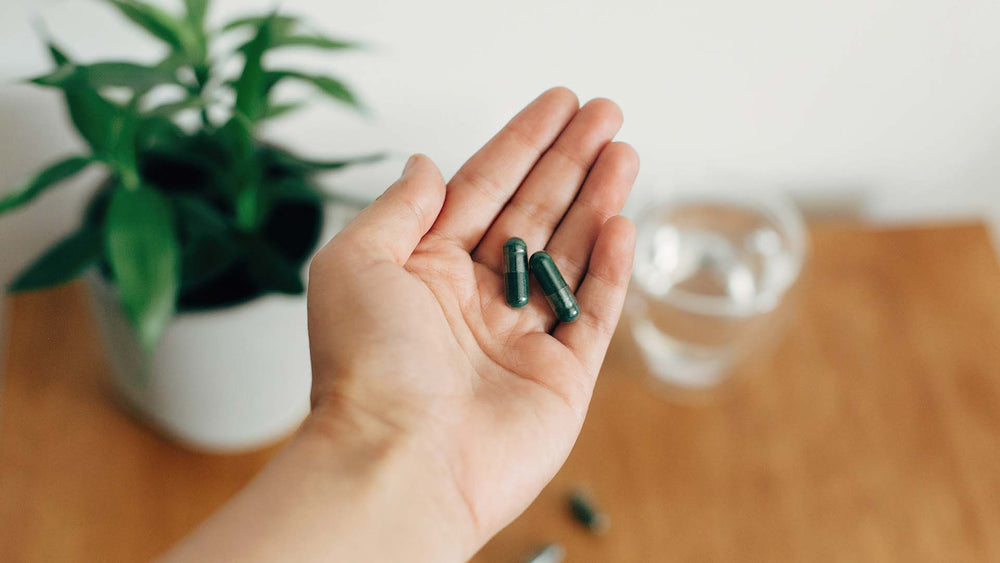Meditation has grown from a counterculture phenomenon in the 1960s to a scientifically-studied alternative health aid in 2015. People in all walks of life practice meditation today to handle life's stresses better and prevent anxiety-driven diseases. Meditation for anxiety is one of the best ways to control your reaction to stress before it spirals out of control.
Types of Meditation for Anxiety and Overall Well-Being
There are a few types of meditation. Transcendental meditation (TM for short), was popularized by the Maharishi Mahesh Yogi (and his most famous followers, the Beatles, in the 1960s. In this type of meditation, the practitioner focuses on his or her breathing and uses a mantra or Sanskrit phrase to further assist in the mind-clearing process. TM is performed in a seated position.
Mindfulness meditation was introduced in 1979 and has become a widely-used stress reduction method. It's used in hospitals and medical centers to treat anxiety, and many health professionals recommend it to help people coping with physical or mental illnesses. You focus on your breath, concentrating on inhalation and exhalation while seated or lying down. This is the best meditation for reducing anxiety.
Zen meditation, a seated Buddhist meditation, was popularized in modern culture by the Dalai Lama. You observe your breath and your thoughts through meditation and study Sutras (scriptures) with the help of a teacher. Some Zen Buddhist meditation includes chants.
Mindfulness Meditation Helps You Stay in the Here and Now
When you have chronic anxiety, even the slightest incident in your life may lead to a string of worrisome thoughts about what might happen in the future. Instead of focusing on what could go right or calmly thinking of solutions for potential problems, you feel tense and powerless. When these negative thoughts continue on a daily basis, they rob you of happiness and prevent you from living in the moment. Having these thoughts for weeks, months or years robs you of productive thoughts and actions. This results in stagnation or fear-based decisions. Constant- or even occasional- anxiety prevents you from living up to your potential.
Mindfulness meditation is a natural way to train your mind to banish unproductive thoughts and remain calm. It helps you experience your thoughts in a non-judgmental manner, and let them pass by until your mind achieves clarity. Mindfulness meditation won't eliminate the tendency to worry or overthink after your first attempt, but you'll feel more peaceful. Over time, it will teach you to be more focused and peaceful.
Studies Show Mindfulness Meditation for Anxiety Works
An article published in the Journal of the American Medical Association (JAMA) Internal Medicine in 2014 suggested that mindfulness meditation can help reduce anxiety and depression. The researchers compared results of 47 professionally-designed studies on meditation to come to this conclusion. One of the studies showed that people with generalized anxiety disorder (GAD) who practiced mindfulness meditation as part of a stress reduction program fared better than patients who used other methods. Although both groups improved, the group that practiced mindfulness showed better results.
Use Meditation for Anxiety with a Healthy Diet and Exercise to Control Stress
Relieving anxiety naturally involves several lifestyle changes. Mindfulness meditation is a good start, but you'll also need to change your diet. Eat more fruits, vegetables, whole grains, nuts and fish and stop eating processed and fatty foods. Drink water and herbal tea instead of soft drinks. Stop smoking and drinking alcohol to excess. A glass of wine with dinner may be healthy for you, but sitting in front of the TV drinking beer isn't.
We know exercise is essential for physical health and disease prevention, but it can also ease anxiety. According to the Anxiety and Depression Association of America (AADA), many studies show physical activity sharpens cognitive function, increases alertness and boosts energy. When you're worried, stress affects both your brain and body. Anxiety causes fatigue, and exercise counteracts that by producing endorphins, your body's natural feel-good chemical. Endorphins are natural painkillers, and they help you fall asleep faster at night – and sleep more restfully. Better sleep helps reduce stress. We've all experienced an occasional sleepless night, tossing and turning as we run over some problem in our minds. Insomnia causes even more anxiety (and physical problems, like high blood pressure), in addition to fatigue. Physical activity tires you out so you won't be as apt to worry yourself into sleeplessness at night.
How Meditation for Anxiety Changes Your Brain
A 2013 study conducted at Wake Forest Baptist Medical Center involved 15 participants with everyday anxiety. These individuals received four classes in mindfulness meditation. Researchers studied participants' brains with special imaging equipment before and after meditation training. The brain imaging revealed that meditation-induced stress relief activates the ventromedial prefrontal cortex and the anterior cingulate cortex. The anterior cingulate cortex controls thinking and emotions, and when activity increases in this part of the brain, anxiety fades.
Some Tips for better Mindfulness Meditation: Preparation
1. Find a quiet place where you can sit comfortably without distraction. (No TV, no cell phone, computer, or kids barging in with their problem du jour). This won't be hard to do even for people with hectic lives, since 5-15 minutes per meditation session is all that's needed to achieve results. (You can meditate for a half-hour or even longer once you became accustomed to the process).
2. Do a few stretching exercises before sitting or lying down to meditate. It will help you relax, a hard proposition for active, Type A personalities.
3. Sit or lie down, whatever is most comfortable for you. You don't need to sit cross-legged on the floor (the most common meditation position for experienced practitioners), unless that feels right for you. Sit or lie with your spine straight.
Meditation for Anxiety: How to Make the Most of It
4. Sit still and allow your mind to wander. Stay in the present moment. Don't think about what you have to do tomorrow or next week. You can meditate in silence or play relaxing music in the background. There are CDs made specifically for meditation, although some classical or New Age music works just as well.
5. You can meditate with your eyes open or closed. Concentrate on your breathing to keep yourself calm. Take deep breaths. Inhale from your nose and exhale from your mouth, or do a few complete breaths. During a complete breath, your inhale from your nose filling your stomach up like it's a balloon. Then exhale slowly, letting your stomach deflate. Only do a few Complete Breaths initially; if you try to do too many of them too soon or too quickly, it may make you dizzy. Most people practice shallow chest breathing and take in a minimum amount of air in their lungs. When you first breathe slowly and deeply, it may be a shock to your system (in a good way).
6. You may remain silent while practicing meditation for anxiety (mindfulness meditation) or repeat a mantra (TM or Zen meditation). A mantra is a “sentence or group of sounds with a phonetic significance.” The repetition of a mantra helps calm the mind, steady the breathing and clear the mind of extraneous thoughts. Om or Aum, used in the Hindu tradition, is the most popular mantra. You may also repeat this meditation from Thich Nhat Hahn, a spiritual leader and Vietnamese Buddhist monk “Breathing in, I calm my body. Breathing out, I smile. Dwelling in the present moment, I know this is a wonderful moment.”
7. Your mind may wander every few seconds during your initial attempts at meditation for anxiety and that's okay. Just let the thoughts come and go. Focus on your breathing again to bring yourself back into the present. The purpose of meditation is to keep your attention focused on the now, not the future or the memories of your past.
8. If you find yourself getting sleepy, try a different position, (sitting instead of lying down). When you are ready to finish, open your eyes and stand up. You don't need to officially time yourself or use an alarm, just finish when you're ready.
The Superfood Wheatgrass along with Meditation for Anxiety Can Improve Your Health
Diet, exercise and meditation help reduce stress and let you live a more fulfilling, self-aware life. Taking a nutrient-packed supplement gives you even more protection against stress-related health issues. High-grade wheatgrass, one of nature's most nutritious superfoods, provides more vitamins, minerals and nutrients than any multivitamin.
Grown from wheat seeds, the sprouts are used to make 100% natural, chlorophyll- rich wheatgrass supplements. Wheatgrass has hundreds of vitamins, minerals, amino acids and enzymes to keep you healthy, vibrant and soothe your nerves during hectic times. Chlorophyll, the main nutrient in wheatgrass, contains an abundance of magnesium. According to this 2006 study. Magnesium helps reduce depression and related conditions, which include anxiety and irritability. Another study indicated that magnesium deficiency may cause stress-related physical disorders. A recent government study indicates 68% of Americans don't get enough magnesium. This may be a partial explanation for why so many people are stressed out all the time. The high magnesium content in wheatgrass helps people handle mild to moderate, non-clinical stress. Magnesium also promotes heart and bone health and helps reduce the risk of developing Type 2 diabetes.
Wheatgrass is loaded with B-complex vitamins, including calming Vitamin B9 (folic acid) and B12, mood enhancers which help relieve depression. Since depression and anxiety are connected, B-complex vitamins can help reduce the emotional and physical effects of stress. Vitamin B12 and folic acid help guard against heart palpitations and keep blood pressure steady in people who suffer from stress-related panic attacks. Some wheatgrass supplements add additional B-complex vitamins to the B vitamins already in this superfood.
Beat Anxiety and Feel Healthier and More Energetic with Wheatgrass Supplements from Wheatgrass Love!
Wheatgrass supplement tablets from Wheatgrass Love provide magnesium and B-vitamins to reduce the effects of stress and depression, but they have dozens of other health benefits. Here are just a few:
Breaks down fats and proteins to improve immune system function
Neutralizes and detoxifies poisons in your body
Breaks down carbohydrates into glucose to boost your energy
Neutralizes and detoxifies poisons in your body
Prevents your body from absorbing more toxins
Improves digestion and keeps you regular
Increases blood and oxygen flow, which helps sharpen focus and mental function
Zeal O2, HappyGirl and REVV from WheatgrassLove Offer Nutrients to Help the Effects of Meditation for Anxiety
HappyGirl Natural Mood Enhancing Supplement uses the power of wheatgrass, with anti-anxiety B12 and B9 (folic acid) and magnesium, to relieve stress and keep you calm and focused. The other nutrients in wheatgrass keep you energized while neutralizing mood swings. HappyGirl can be used to treat anxiety from PMS, menopause and everyday stress. HappyGirl also boasts an herbal blend of green tea extract, cayenne pepper, white willow, gotu kola, ginseng, ginger and other herbs to keep you calm during the most hectic times. Men and seniors can use HappyGirl, too! Read more about HappyGirl here: http://wheatgrasslove.com/products/mood-enhancement-supplement
Lose weight and control stress with Zeal O2 Natural Weight Loss Supplement and Energy Booster. This high-value wheatgrass supplement from Wheatgrass Love offers the full spectrum of wheatgrass nutrients. Vitamins A, E, K, C and B-complex, calcium, zinc, potassium, selenium, and, of course, magnesium make up the vitamin and mineral core of this super-supplement. Wheatgrass contains amino acids, digestive enzymes and phytochemicals to keep you healthy and focused while you lose weight. We've included a proprietary blend of herbs in Zeal O2 for more fat-burning and anti-anxiety power. Cayenne pepper, gingko biloba, ginseng, green tea extract and other herbs keep you calm and focused while Citrus Aurantium (bitter orange) helps your body burn fat without raising your blood pressure or heart rate. Read more about Zeal O2 here: http://wheatgrasslove.com/products/natural-weight-loss-supplement
REVV Natural Energy Supplement fights fatigue with a 100% natural, high grade wheatgrass with added B-complex vitamins. These delicious chocolate mint wafers also contains L-taurine, to stabilize your cholesterol level and support neurotransmitters in the brain. Periwinkle herb increases the flow of blood to the brain, improving memory and protecting against Alzheimer's and dementia. Read more about REVV here: http://wheatgrasslove.com/products/natural-energy-supplement
Call us today at 877-303-1717 to order your Zeal O2, HappyGirl or REVV! We'll be happy to answer any questions you may have about our products or wheatgrass in general!

